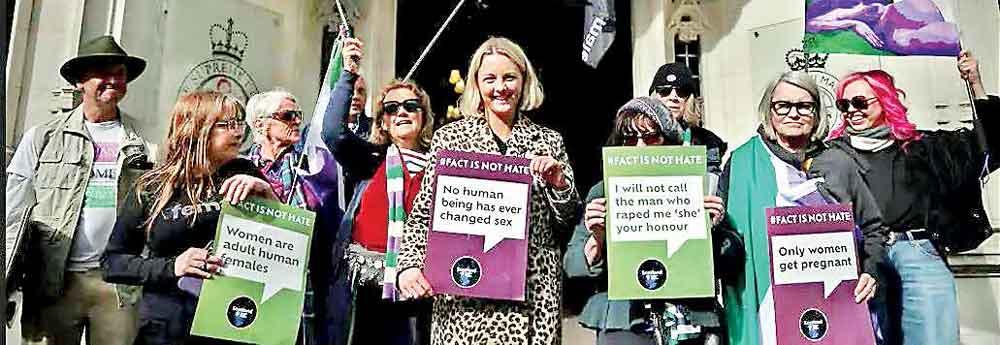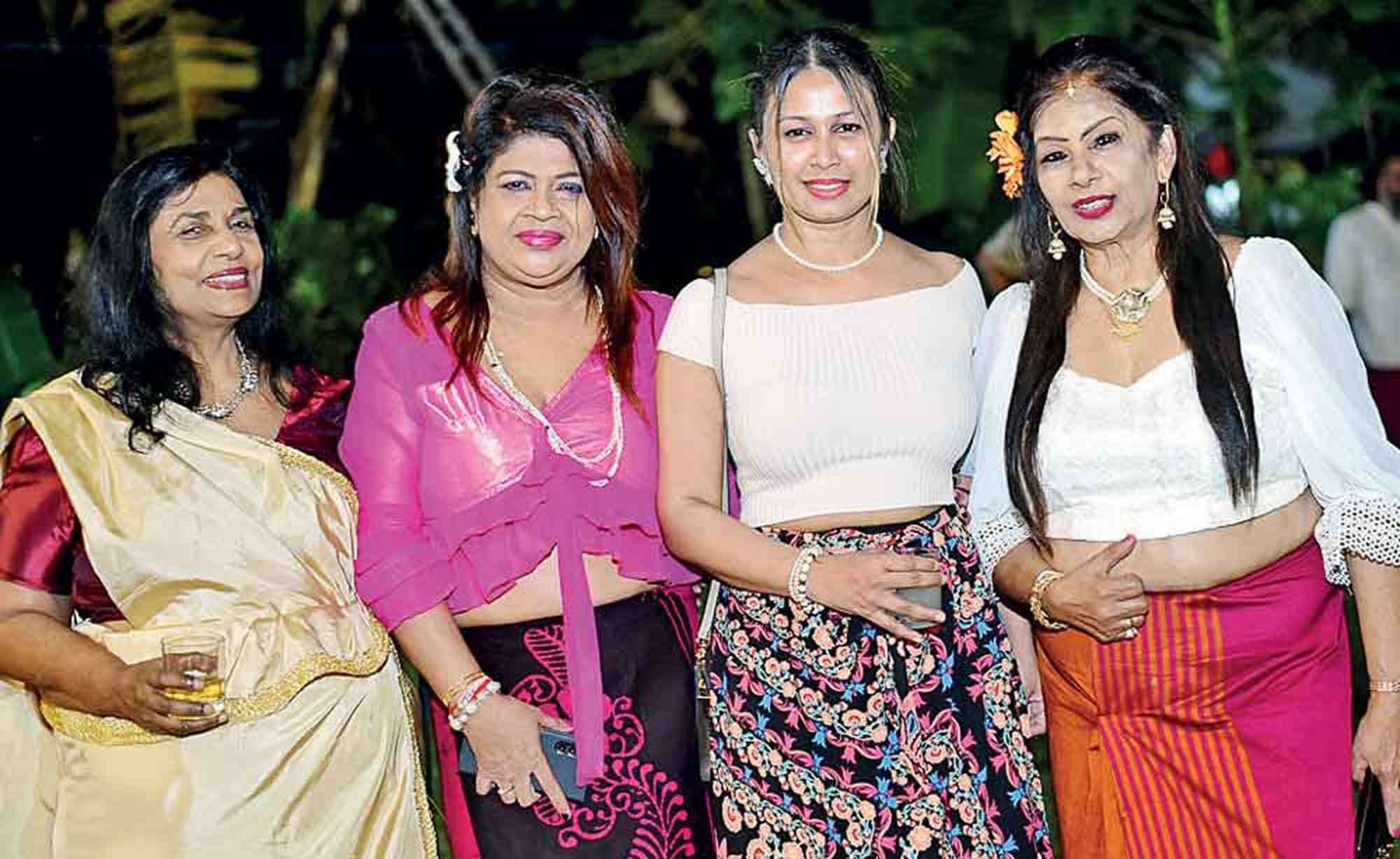
In a momentous legal victory for women’s rights and the protection of female-only spaces, the UK Supreme Court has ruled that the legal definition of ‘woman’ under the Equality Act 2010 refers strictly to biological sex. This unanimous decision, delivered on April 16, 2025, affirms what many women's rights advocates have long argued: sex-based rights must be grounded in the biological reality of male and female. The case was brought forward by feminist campaign group, For Women Scotland, who challenged the Scottish government’s decision to allow transgender women with Gender Recognition Certificates (GRCs) to be counted as women for the purposes of public sector gender quotas. The group argued this policy undermined the legal and social protections specifically designed for biological women. The UK’s highest court agreed, stating that the intention of the Equality Act is clear in distinguishing sex from gender identity.
Many have been unfairly targeted and silenced by some trans activists who label their advocacy as transphobic. These accusations, often unfounded and sometimes echoed even in places like Sri Lanka by certain LGBTIQ activists, are frequently used as a tactic to suppress legitimate discussion and undermine those advocating for women's sex-based rights.
A Victory for Legal Clarity and Safety
The ruling has been widely praised by gender-critical campaigners as a watershed moment for women’s rights in the UK. It provides much-needed legal clarity in a landscape that has, in recent years, become increasingly fraught with confusion and contention over definitions of sex and gender. In their judgment, the justices concluded that allowing self-identified women with GRCs to be considered legally female would effectively ‘rewrite’ the meaning of the word ‘woman’ in law, with potentially far-reaching implications. They emphasized that the biological distinction between male and female is fundamental to the framework of sex-based rights and protections under the Equality Act. This decision now enables organisations to lawfully maintain single-sex services and spaces, such as women’s shelters, hospital wards, changing rooms, and sports teams, based on biological sex, without legal ambiguity. Such protections are vital, especially for vulnerable women, including survivors of male violence and abuse, who rely on women-only environments for their recovery and safety.
J.K. Rowling: “A Win for All Women”
 Among those publicly celebrating the ruling was J.K. Rowling, the world-renowned author and vocal advocate for sex-based rights. Rowling, who has previously donated £70,000 to For Women Scotland to help fund the legal battle, tweeted:
Among those publicly celebrating the ruling was J.K. Rowling, the world-renowned author and vocal advocate for sex-based rights. Rowling, who has previously donated £70,000 to For Women Scotland to help fund the legal battle, tweeted:
“The Supreme Court decision is not only a victory for - For Women Scotland, but a win for every woman in the UK. Sex matters. It always has and always will.”
Rowling’s statement was widely shared online, with thousands expressing gratitude for her consistent support of biological women’s rights amidst a highly polarized public debate.
She continued in another post:
“This ruling reinforces what feminists have said for decades: women’s rights are rooted in biological sex. When language is eroded, so are rights. Today, women across the UK have been heard, and we thank the Supreme Court for their wisdom and courage.”
 Maya Forstater, Chief Executive Officer of the human rights organisation, Sex Matters, which formally intervened in the case, expressed strong support for the ruling.
Maya Forstater, Chief Executive Officer of the human rights organisation, Sex Matters, which formally intervened in the case, expressed strong support for the ruling.
“We’re absolutely delighted by the outcome,” she said. “The Supreme Court has rightly upheld the arguments presented by For Women Scotland and rejected the Scottish Government’s stance.”
She added, “This ruling confirms what should never have been in question, the protected characteristic of sex refers to biological reality, not to administrative documents or legal certificates.”
Endorsement from Government and Legal Experts
A spokesperson for the UK Government welcomed the ruling, stating:
“This judgment brings clarity and confidence to those who run important services for women. We are committed to ensuring that single-sex spaces remain protected, and that the legal rights of women are respected and upheld.”
 Conservative Party Leader Kemi Badenoch offered strong praise for the campaign group For Women Scotland following the Supreme Court's landmark decision.
Conservative Party Leader Kemi Badenoch offered strong praise for the campaign group For Women Scotland following the Supreme Court's landmark decision.
“Claiming that ‘trans women are women’ was never factually accurate, and now it isn’t legally accurate either,” she stated.
“This is a victory for every woman who faced abuse, career setbacks, or public backlash simply for stating a biological truth. Women are women, men are men; you cannot change your biological sex.”
She added pointedly, “The era of Keir Starmer suggesting that women can have penises is over. Full credit to For Women Scotland for standing firm.”
Legal experts also weighed in on the implications. Many noted that while the ruling does not remove existing protections for transgender people under the Equality Act, such as protection from discrimination on the basis of gender reassignment, it does reinforce that these protections do not override sex-based rights. The ruling allows for a lawful balancing of rights, enabling trans people to live free from discrimination while ensuring that women retain their right to single-sex provisions where necessary.
Grassroots Feminist Reaction
Feminist campaigners and grassroots organisations across the UK have welcomed the ruling with a sense of relief and vindication. For years, they have advocated for the recognition of sex-based rights as fundamental to women's equality, often in the face of intense opposition.
Many have been unfairly targeted and silenced by some trans activists who label their advocacy as transphobic. These accusations, often unfounded and sometimes echoed even in places like Sri Lanka by certain LGBTIQ activists, are frequently used as a tactic to suppress legitimate discussion and undermine those advocating for women's sex-based rights. This ruling marks an important acknowledgment of their efforts and the legitimacy of their concerns.

Meanwhile, Shadow Minister for Women, Mims Davies, described the ruling as,
“A clear victory for common sense.”
Looking Ahead
The ruling will likely serve as a precedent for future legal disputes concerning sex and gender identity. It also signals a shift toward more balanced policymaking, where both sex and gender identity can be considered without one erasing the other. While trans advocacy groups have expressed disappointment, calling for additional legal reforms to ensure their rights are not diminished, many legal commentators see this as an opportunity to build a more coherent and respectful framework for coexisting rights. In a world where biological sex and gender identity are often confused or conflated, this judgment represents a return to legal and linguistic clarity, one that protects vulnerable women and recognises the enduring importance of sex-based rights. This ruling is not the end of the conversation, but it is a powerful reaffirmation that women’s rights, founded on the reality of biological sex, matter now more than ever.











